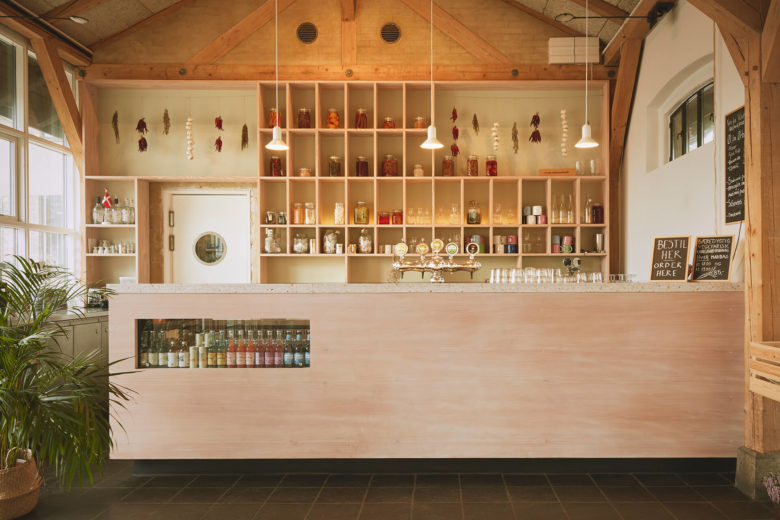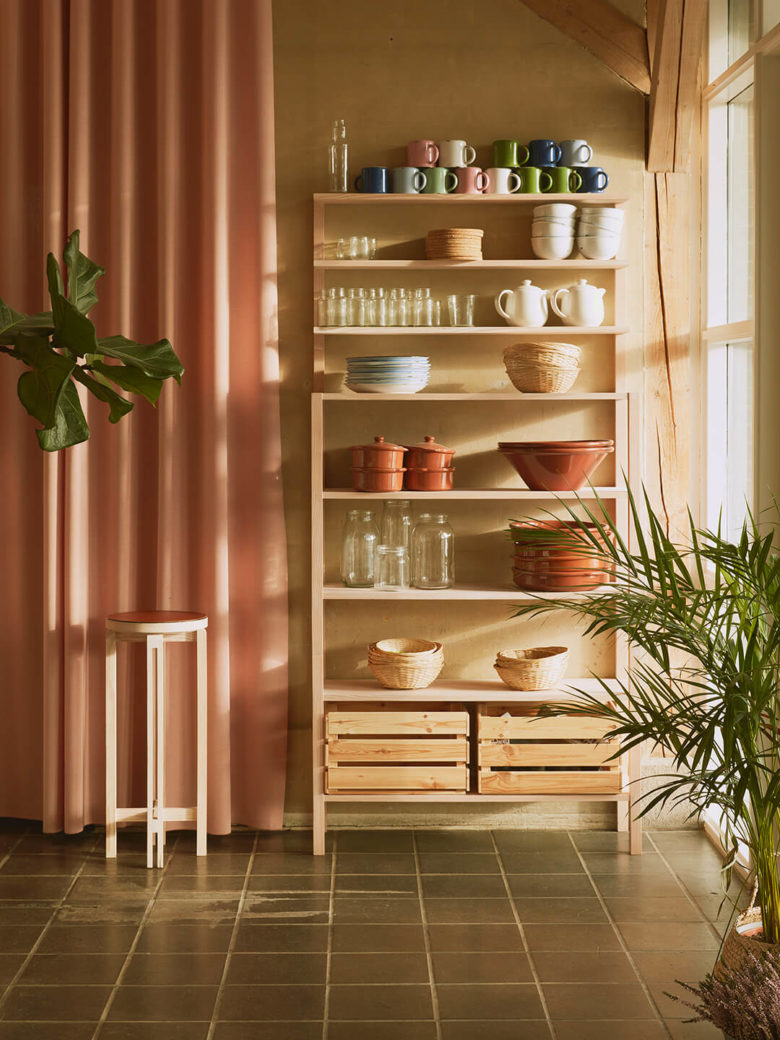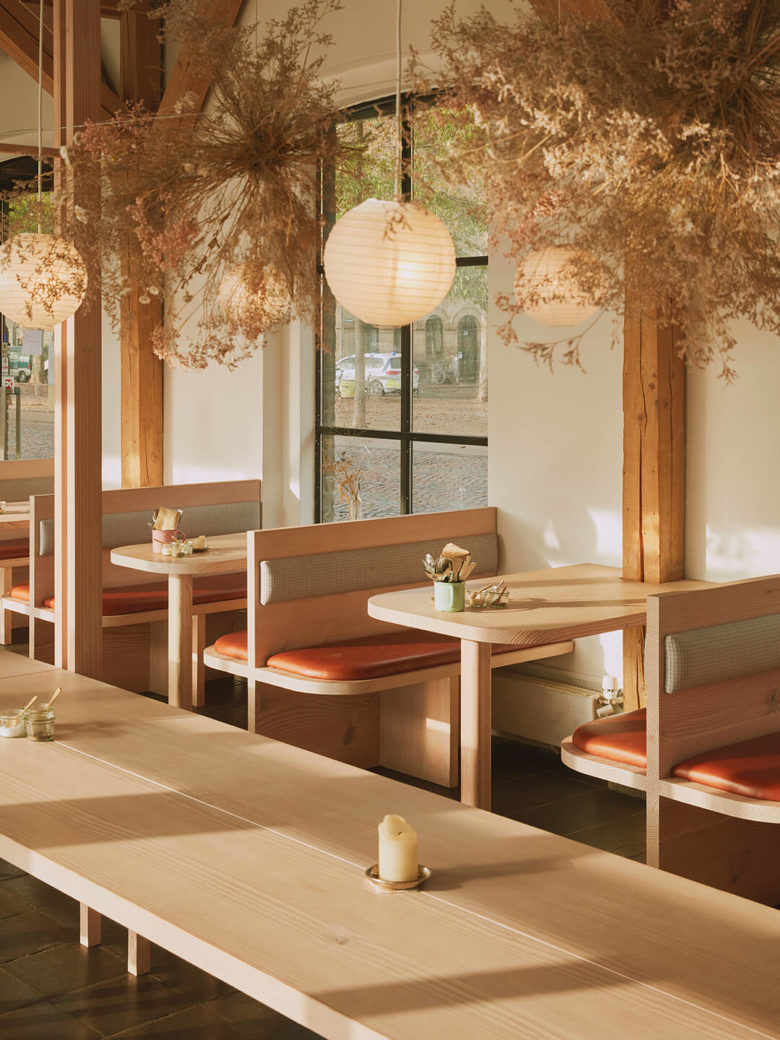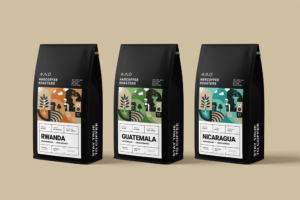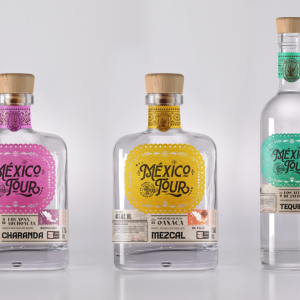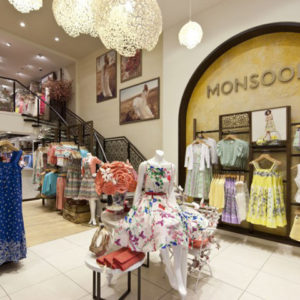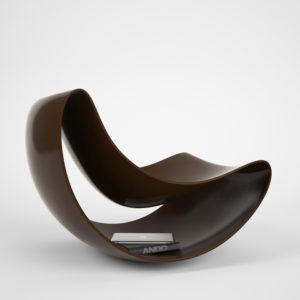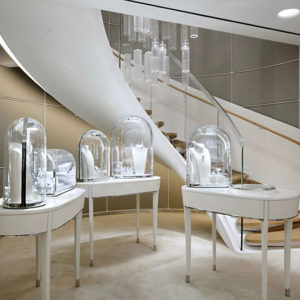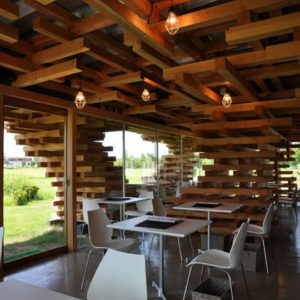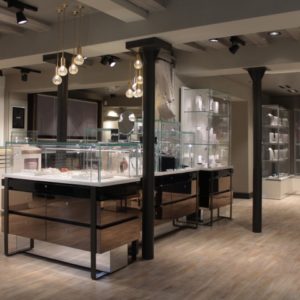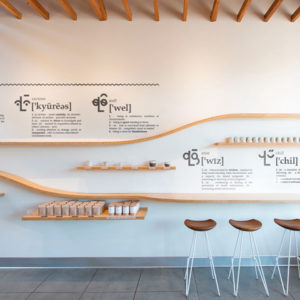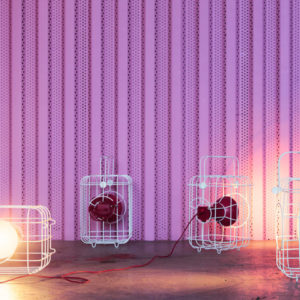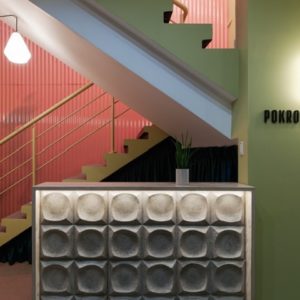
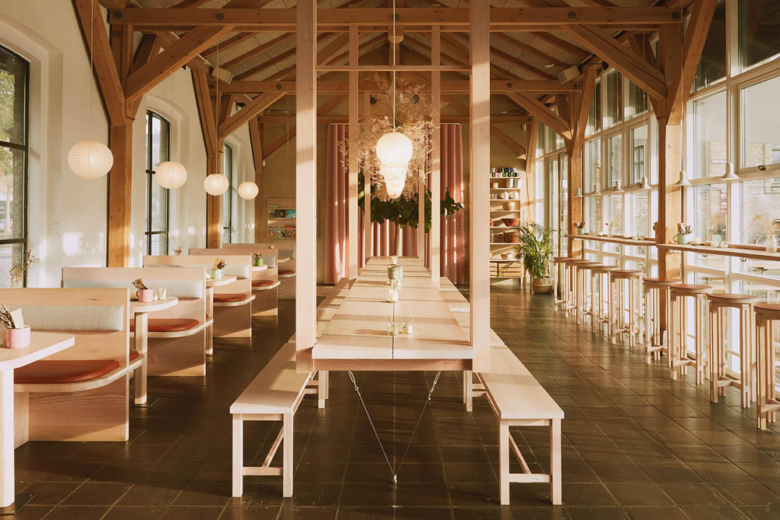
In Copenhagen, design-build studio Vermland has taken on family-style dining. The interiors of Hverdagen, a local organic restaurant recently completed by the team, are built from the timber of a single Douglas fir tree. Vermland effectively spatializes the great communal meal by merging bespoke furniture with interior design, all with a strong emphasis on craft.
Noticing the popularity of ‘family-style’ dining on the rise – that is, the practice of ordering several dishes to a table and sharing the plates amongst one another – Vermland developed a long-table dining concept for large groups. A 7-m-long, 24-seater hanging table is so integral to the concept that it is quite literally built into the structure of the room itself. The designers hung the table from structural beams above, creating a natural central axis for socialization.
Vermland is not your typical interiors studio, self-identifying as a snedkeri og tegnestue (‘carpentry and design studio’). A love for wood craftsmanship led the studio to study Japan’s wood joinery techniques – for hundreds of years, Japanese buildings have famously stayed fastened together with nothing more than the friction of wood member against member. Vermland, inspired by the restaurant’s pre-existing timber rafters, continued the use of timber throughout the rest of the interior, sourcing a single Douglas fir tree for the entirety of the project’s lumber. Mimicking Japanese joinery techniques, the team integrated dowels into the beams and columns, removing the need for metal screws or fasteners.
A grid-shelving system covers the back wall of the restaurant, showcasing the organic and fermented foods used in Hverdagen’s meals. Throughout the rest of the restaurant, small details emphasize an atmosphere of homeliness and the comfort of the everyday. On the back of the booths, a chequered textile recalls that of a traditional dishtowel, while cognac-coloured leather seat cushions and green floor tiles are reminiscent of a diner and a mother’s kitchen.
‘We try our best to design and manufacture furniture based on local and long-lasting materials that will continue contributing to its environment for many decades to come,’ says Anton Bak, co-founder of Vermland.
